A Chamber of Deputies approved, on Tuesday night (27), the emergency regime for one bill that aims to prevent the growth of power plants distributed micro and minigeneration It's from Mercado Livre de Energia in Brazil.
The proposal (PL 4831/2023) Has as The objective is to limit the insertion of the G.D. (distributed generation) in the area of activity of distributors of electrical energy, so that, after reaching this limit, concessionaires are no longer obliged to provide connection points for new consumers.
O document also seeks to limit the Mercado Livre de Energia to 30% from distribution network use, even making contract renewals unfeasible. The text was written by federal deputy João Carlos Bacelar (PL-BA).
O Solar Channel not only reported the deputy's initiative, in October last year, as well as highlighting that the parliamentarian's justification for presenting this proposal was that the growth of these two markets could “kill to death” the concessionaires of the public electricity distribution service.
With the urgency request approved for this bill, the The expectation is that the text will go to the Plenary and get voted by other parliamentarians throughout the month of March.
What is an emergency regime?
O urgency regime is a mechanism widely used in the legislative context to allow the acceleration of analysis, discussion or voting on proposals and bills.
In practice, this is a tool used in situations where it is necessary to make a decision quickly. The need for an urgent application may arise due to unexpected events, crises, the need to meet urgent demands from society, among other reasons.
Agreements being made
In an interview with Canal Solar, Heber Galarce, president of INEL (National Clean Energy Institute), said that the entity has been following all bills that create an impact, mainly negative, on the clean and renewable energy sector.
According to him, the institute has already opened negotiations with deputy Bacelar to discuss a more qualified understanding of the subject and highlighted that the institute will be in Brasília (DF) this week with deputy Lafayette de Andrada, president of FREPEL (Mixed Parliamentary Front for Clean Energy), for further discussions on the topic.
“We are in the negotiation process and discussing merit adjustments. We have good expectations of changing this”, he highlighted.
All content on Canal Solar is protected by copyright law, and partial or total reproduction of this site in any medium is expressly prohibited. If you are interested in collaborating or reusing part of our material, we ask that you contact us via email: [email protected].


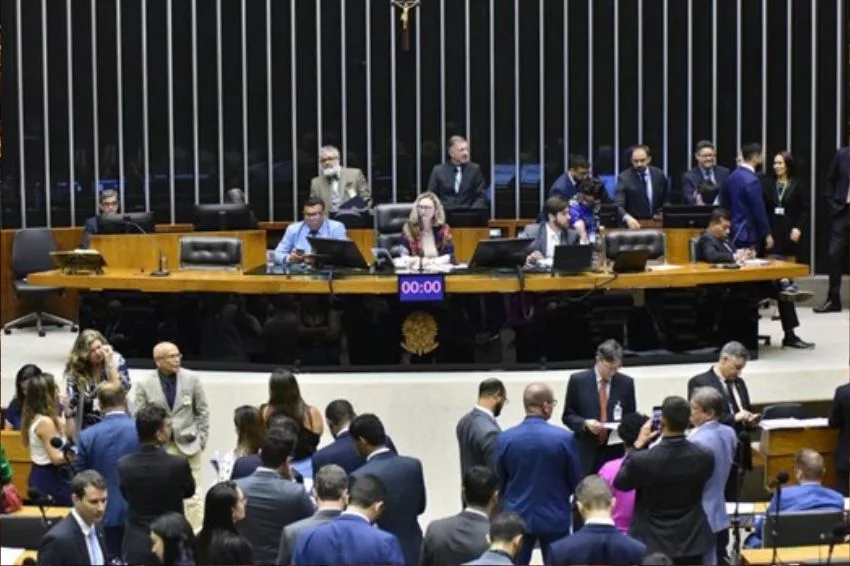

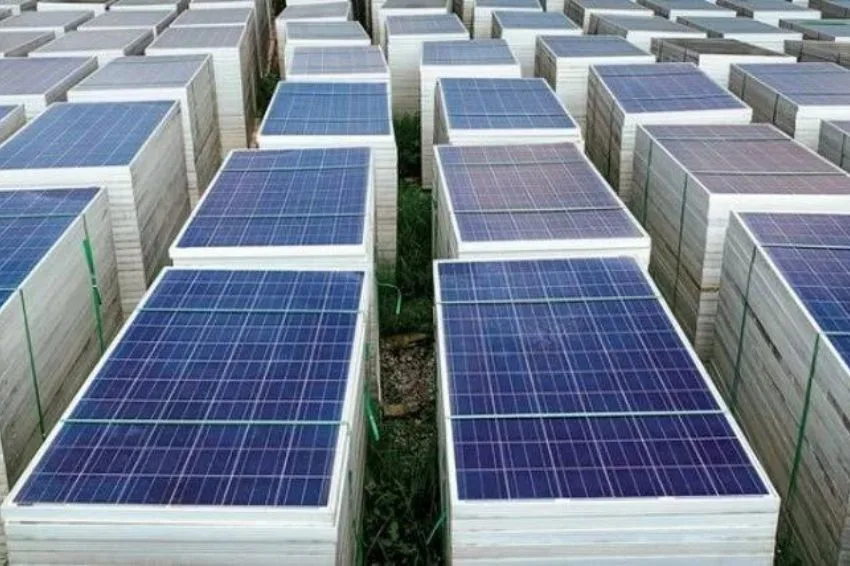
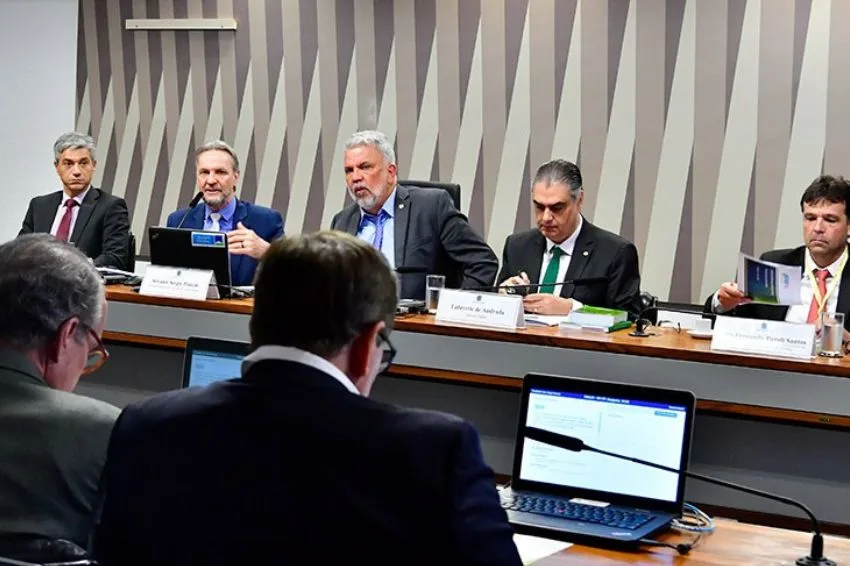
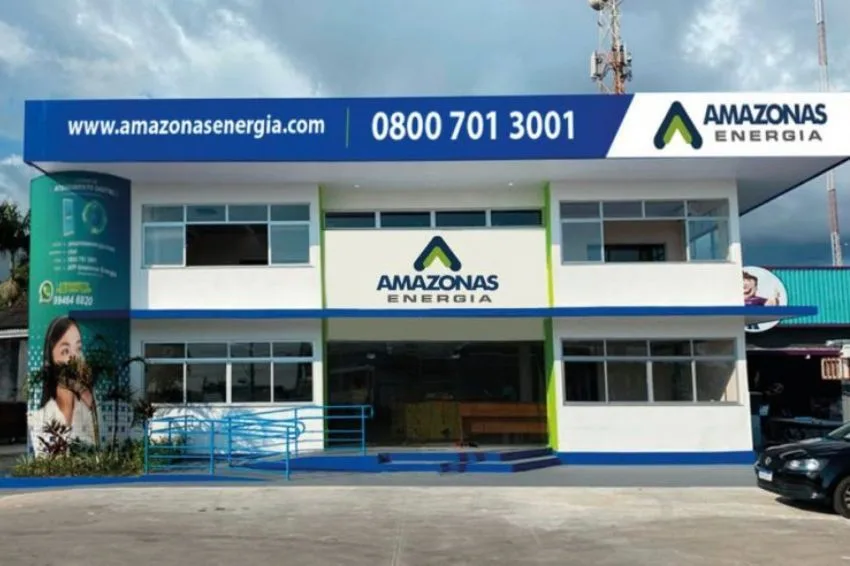
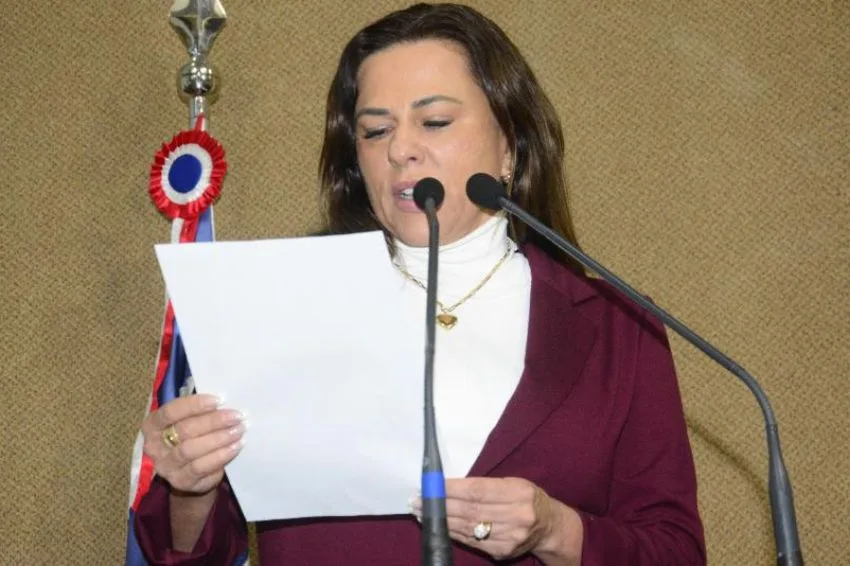
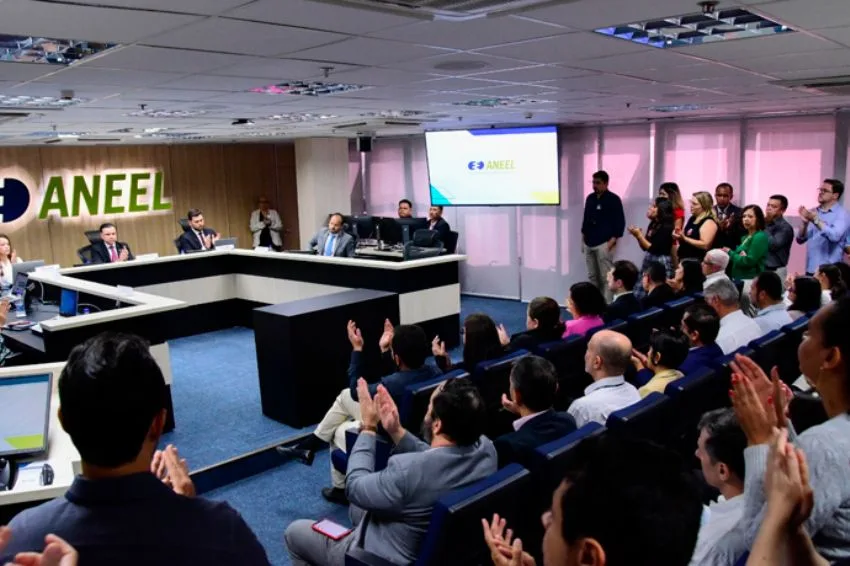
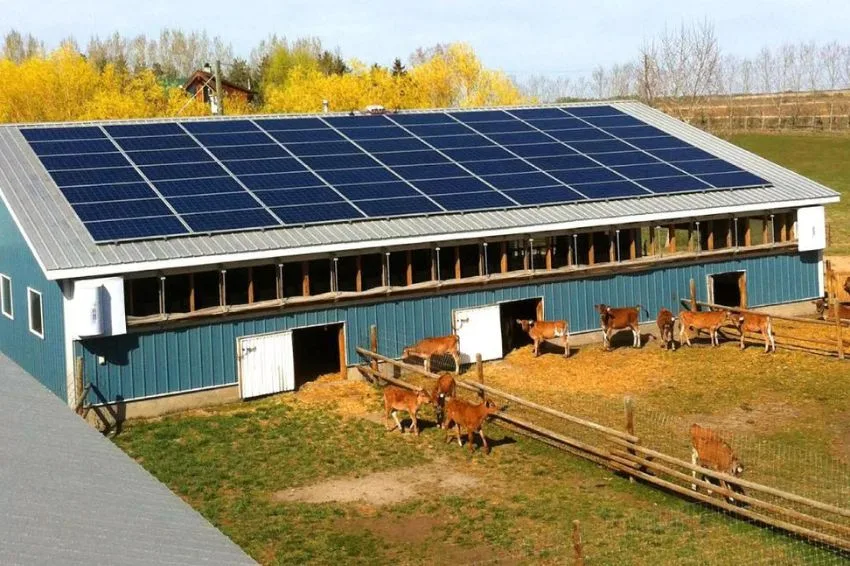







5 Responses
É importante se atentar para a parte do texto que diz: “… após o atingimento deste limite, as concessionárias não fiquem mais obrigadas a fornecer pontos de conexão para novos consumidores. “. Isso quer dizer que as concessionárias de energia não estão proibidas de negar os pedidos de conexão. Quase todas, senão todas, tem uma subsidiaria que oferece o mesmo serviço de projeto e instalação de usina fotovoltaica. Na pratica, vão criar um monopólio em cada concessionaria onde somente as subsidiarias da concessionaria vão ter projetos aprovados.
Today's existing means of producing renewable energy fulfill the role of guaranteeing clean and safe demand for electrical energy throughout the world. Parliamentarians who defend the limitation of this industry are going against the path chosen by developed countries. Brazil does need a policy that guarantees the supply of abundant and safe electrical energy, as well as avoiding monopolies in the supply of an extremely necessary good to the population.
I think this fight that the Brazilian authorities are waging with
Small solar energy companies
This country is really going against the grain of the world, but concessionaires are setting up photovoltaic solar plants without
Any problem like
For example, I demolish this CEMIG YES
the country is out of control and the tendency is for us to become Venezuela, I think this will be the end of solar energy in Brazil
Because in Brazil everything that comes to benefit the population is cut off and prohibited, the population must always live as a slave to this system commanded by this thieving Lula
We are lost and underpaid, unfortunately I have a small company and I have managed to survive until now, but I know how long I will last because Cemig only approves for large companies.
With the lie of reversing the flow, he harms the people of Minas Gerais and St ZEMA and the big villain in this case is involved in these Cemig issues because he wants to dominate the air and solar energy in Minas Gerais shameless bitch
Let's campaign against your candidate
ZEMA NEVER AGAIN
I would like to know what criteria Congressman João Bacelar used to enter a document like this??? The population has the right to choose to buy services from whoever they want. This is not a country of dictatorship (at least not yet). Even in China there are more than one manufacturer of solar panels and inverters and cars that you can choose to buy. I believe that this gentleman has bad intentions and is in league with the distributors to limit the growth of Solar Energy, in a tropical country like ours, where we could export energy, where companies would have lower costs to produce cheaper products, we would all win. But no, there is always the interest that few have to have a lot.
I wanted to know where the idea for this project came from, Mr Deputy? At the very least, the Lord defends the Concessionaires, since he is only concerned with Them. None of them are poor or experiencing financial difficulties and still receive support from the Federal Government. They have annual adjustments guaranteed in a contract above inflation.
Brazil is on the verge of total bankruptcy. Several jobs and companies were created, the federal government itself regulated solar energy through law and now this man wants to limit its growth.???
Emergency Regime::???
As the text itself says: The need for an urgent request may arise due to unexpected events, crises, the need to meet urgent demands from society, among other reasons.
How much did you earn, Deputy, to want to approve this urgently??? What are the justification numbers for this?
Present it to the population.
This is not the path for a country that wants a sustainable energy policy. I think that the use of alternative sources can only benefit the population globally. Since using solar energy we will save a lot on the use of WATER, which is very important today. As always favoring investors without worrying about the population.